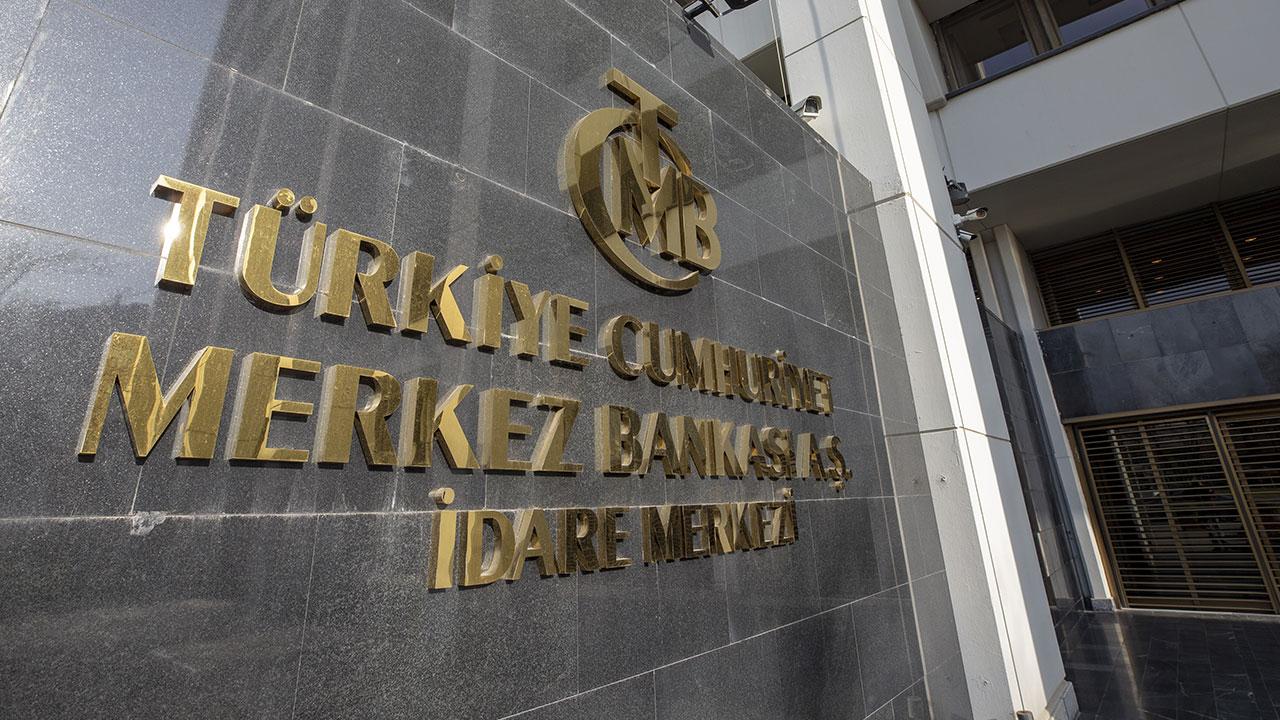Turkish Central Bank sold more than 50 billion US dollars to the market to keep the exchange rate stable. It also raised interest rates.
Turkish Central Bank sold more than 50 billion US dollars to the market to keep the exchange rate stable. It also raised interest rates.
Türkiye’s economy experienced turbulence in the foreign exchange market. The Central Bank took precautions and calmed the situation, but its measures will have medium-term effects.
The turning point occurred on March 19 when the Metropolitan Mayor of Istanbul, Ekrem Imamoglu was taken into custody. Within half an hour, the Turkish currency lost 10 percent of its value against the dollar, while the stock market fell 9 percent.
Nazli Sarp, an economist, says: “There was a rapid outflow of short-term portfolio investments. At the same time, we saw enormous demand for foreign currency in the market.”
The Central Bank of Türkiye reacted by selling foreign currency from its reserves to control the exchange rate, which stabilized in the following days. But at a huge cost.
“It is estimated that, since March 19, the central bank’s net foreign currency reserves have decreased by $45 billion. The outflow we are observing from the national currency confirms this,” Sarp calculated.
On April 17, at its regular meeting, the central bank reversed its policy on the base rate. Since October, it had been lowering it from 50 percent to 42.5 percent. In April, it raised it to 46 percent.
For Cüneyt Akman, economist, a fundamental decision.
“Turkish companies have been carrying foreign currency debt for quite some time. Especially large companies. That’s why it’s important to monitor the exchange rate to limit their problems.”
In fact, experts explain, the base rate actually rose to 49 percent. This is the range allowed by the central bank and the medium-sized loans. Necessary, but with difficult consequences.
Akman: “The state budget will face challenges because interest payments are already one of the largest expenditures. Saving state spending to reduce inflation has become very difficult.”
Nazli Sarp sees opposition within the ruling party:
“The productive sector has been criticizing the very high interest rates for quite some time. We see that now, even some pro-government newspapers are protesting this decision.”
Limited monetary liquidity will affect economic growth and the general population, says Akman.
“Interest rates impact small and medium-sized businesses the most. Aside from them, consumer loans rose 170 percent last year. They pay enormous interest. If this continues, citizens will go bankrupt.”
To return to the low-interest policy, the government needs to ease the pressure of currency devaluation. Finance Minister Mehmet Şimşek visited the United States and other Western capitals. His main objective: to attract foreign capital.
Since then, reserves have stabilized, with a certain injection of foreign capital. But the question remains when Türkiye will return to its policy of low interest rates and economic growth.
















Leave a Reply